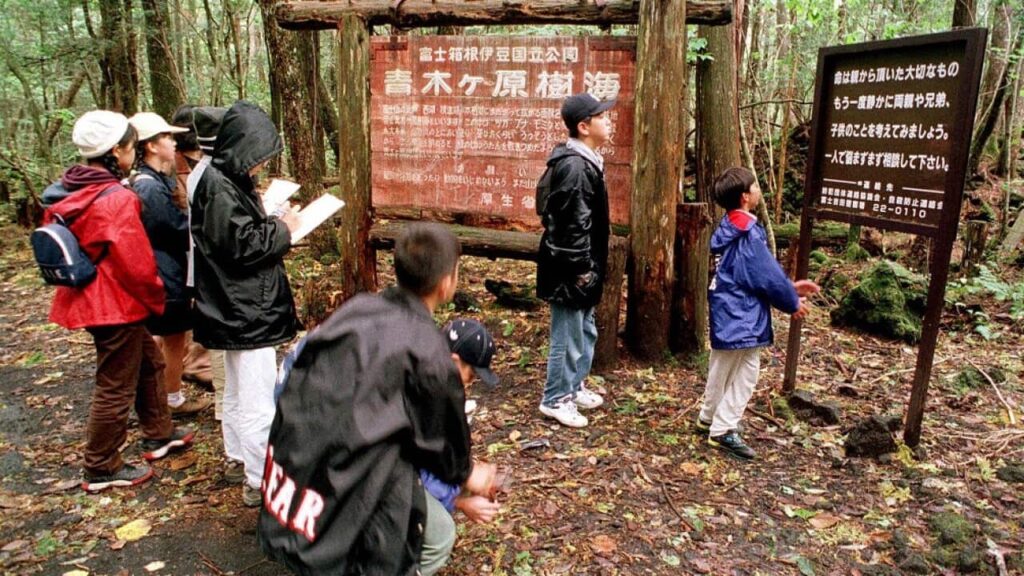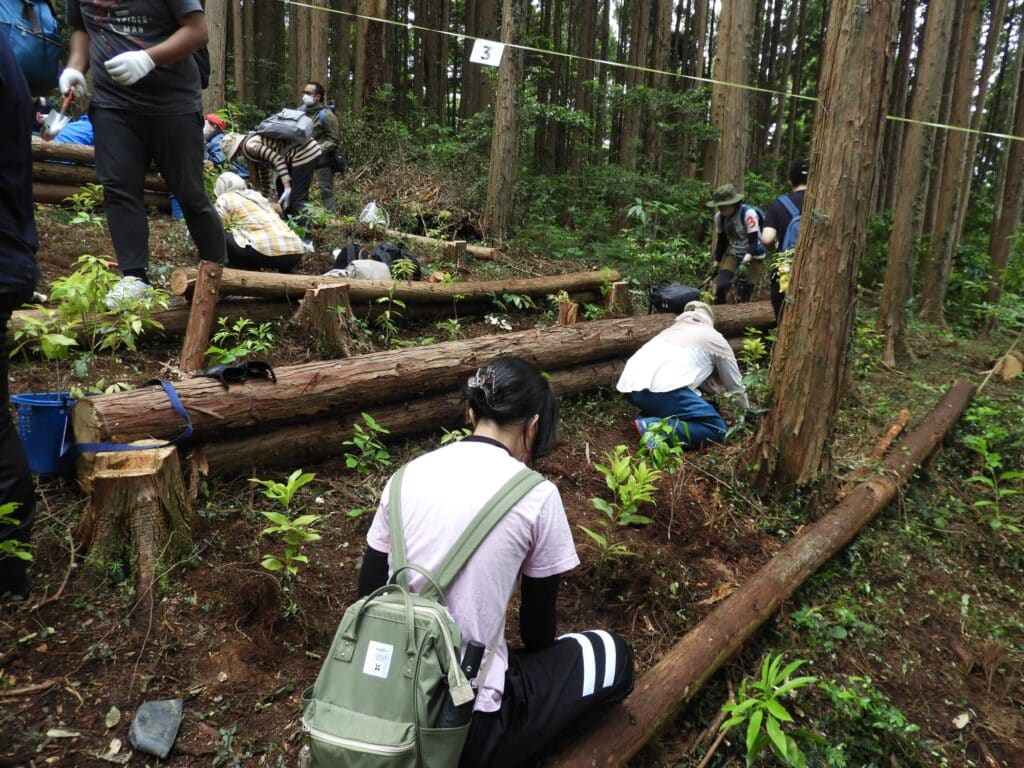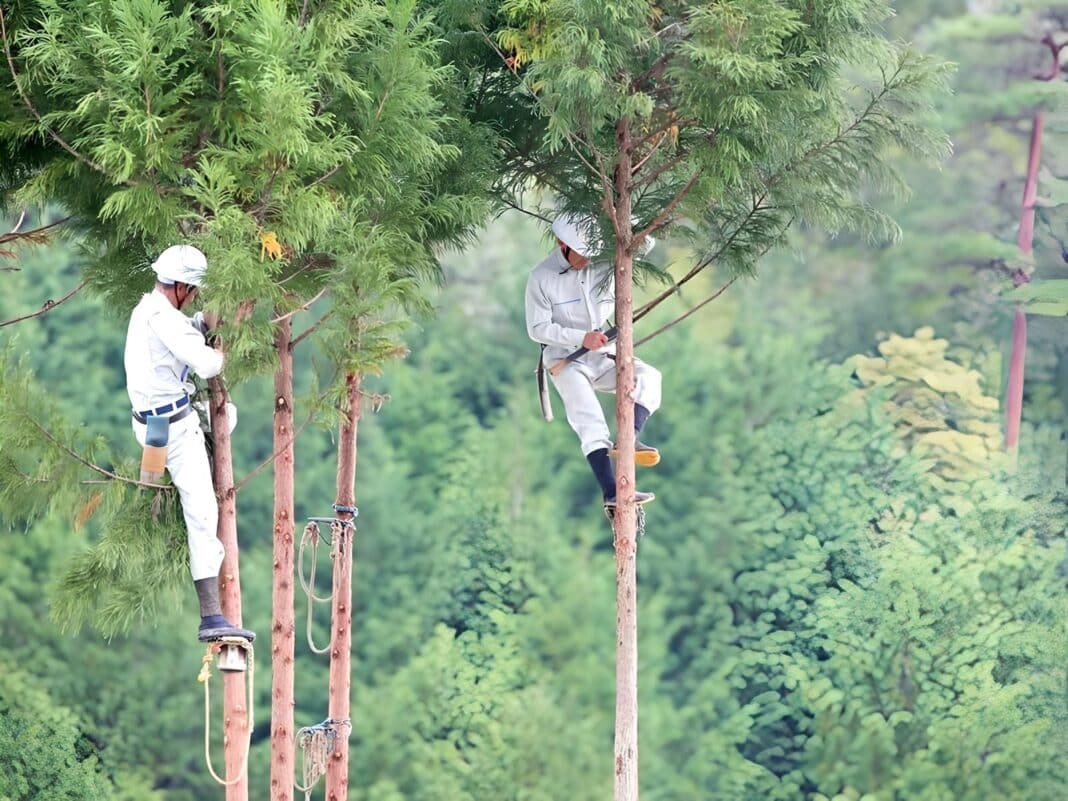Japanese forestry and timber processing groups are pursuing an initiative to establish an online market for trading trees before they are cut down.
With plantation forests in Japan, which constitute about 40% of the forested areas, entering full-scale harvest seasons, the process of ‘reforestation’, or planting new saplings after tree felling, has faced obstacles, primarily stemming from the considerable burdens placed on forest owners.
The objective of the proposed market is to establish prices that account for reforestation expenses, thereby giving individuals greater incentive to be involved in forestry management and promoting the utilisation of domestic timber.
The persistent decline in domestic log prices in Japan is attributed to stiff competition from imports, which are abundant and available at lower prices.
Typically, tree prices are determined after harvest, factoring in transportation expenses. Consequently, forest owners often receive insufficient revenue to cover reforestation costs, leading many to leave their forests untouched after logging.
To tackle the challenge, a council is promoting initiatives to safeguard Japanese forests by utilising domestic timber, and the Japan Forestry Mechanisation Society (JAFTA) has jointly proposed the establishment of a new online market.

The council, a general incorporated association, was established by six industry groups. The proposal aims to implement a system where forest owners can set desired prices for their trees, provided they commit to reforestation efforts after harvesting.
JAFTA, which connects professional foresters from all over Japan, was formed 80 years ago to enhance foresters and promote forest technology.
The association, with more than 10,000 members, has 92 chapters in forestry agencies, prefectural governments, universities, research institutions and other organisations.
It keeps a close watch on global forest development, focusing on timber production, water and soil conservation, recreation, biodiversity conservation, and absorption of carbon dioxide.
Data from the Japan Forestry Agency show that about 90% of forest owners have plots that are smaller than 100,000 square meters. Many owners say they are contemplating relinquishing their forests due to their old age and issues over inheritance.
In a report released by industry groups in January, lumber distributors and other potential buyers expressed favourable views on the proposed creation of the new market.
The agency says, “Ensuring the sustainability of forest resources is a social responsibility,” and it hopes for transparent pricing mechanisms.

Conversely, there are critical perspectives regarding the inclusion of reforestation costs in prices, with one official noting that users are unlikely to accept high prices without objection.
The industry groups plan to conduct demonstration tests at four or five locations during the current fiscal year to March 2025, aiming to establish a nationwide market within the next few years.
During the period, they will hold discussions to finalise operational details, such as the functioning of the market system and criteria for buyer participation.
Satoshi Tachibana, a professor at Kyoto University who chaired a study group focused on the new market, said: “There’s a widespread acknowledgment that the forestry industry needs restructuring, and there’s increasing interest among companies in utilising domestic timber.”
Highlighting the significance of industry collaboration with local governments, Professor Tachibana added: “I think a pioneering deal could create momentum for nationwide expansion of the proposed market.”






